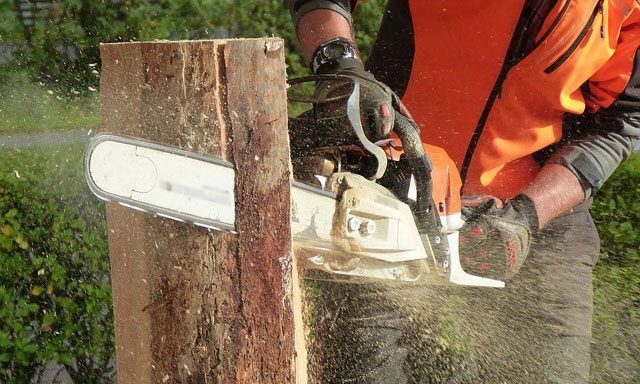
Over 3 million chainsaws are sold in the U.S. every year. Unfortunately, there are over 28,000 injuries associated with these powerful machines on an annual basis, with a number of them being attributed to product defects.
Chainsaws are invaluable tools for handymen and those that are in the woodworking business, but they can also be very dangerous when used improperly or when defectively designed/manufactured. As such, Chainsaw manufacturers are held to a high standard when it comes to ensuring that their products are safe to use by consumers.
Those who are injured due to an unreasonably unsafe or defective product may choose to file a product liability claim against the manufacturer in order to seek compensation for their injuries and related losses. While these claims are notoriously difficult to bring in many situations, your best bet is to seek out a product liability lawyer who offers free consultations for advice moving forward.
Types of Chainsaw Injuries
A lot of people only think of limb and finger loss when they think of chainsaw accidents. The reality, however, is that any body part can be affected.
A faulty ignition part can lead to the chainsaw and its operator catching fire, the handles could have been poorly manufactured leading to the chainsaw falling onto someone’s feet or torso, or the chainsaw kickback could cause neck injuries.
A lot of the time, these injuries are catastrophic and require a lot of money to treat. If your injuries were caused by a product defect, you may be owed compensation by the manufacturer to cover your related damages.
Manufacturer’s Duty
Chainsaw makers are required by the law to keep you safe by issuing safety notices and literature with each chainsaw sold. They should also test each batch to make sure their product is working well, and they should put out recall notices in a timely manner if it is discovered that their product has a design flaw which may lead to injuries.
Preventing Similar Accidents
Its important to note that bringing forward a product liability claim may actually stop other consumers from being injured in the future, since the manufacturer may be forced to make manufacturing changes going forward. Even if you were not injured, we strongly encourage you to report any defects or safety flaws directly to the company, and to the Consumer Product Safety Commission (CPSC).








